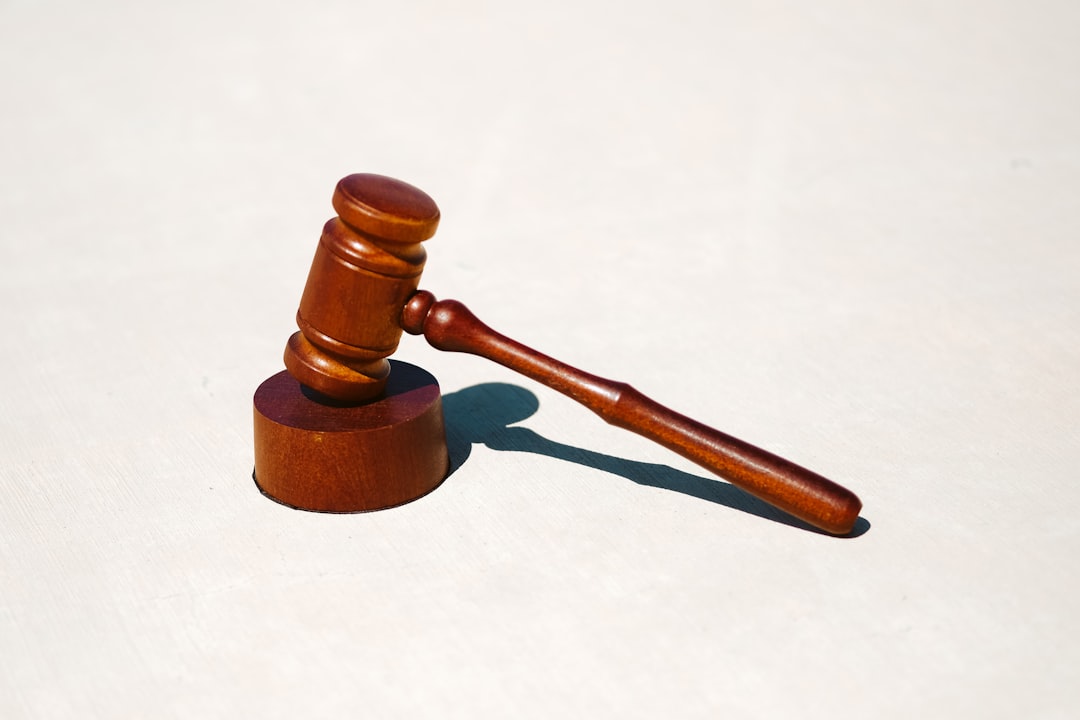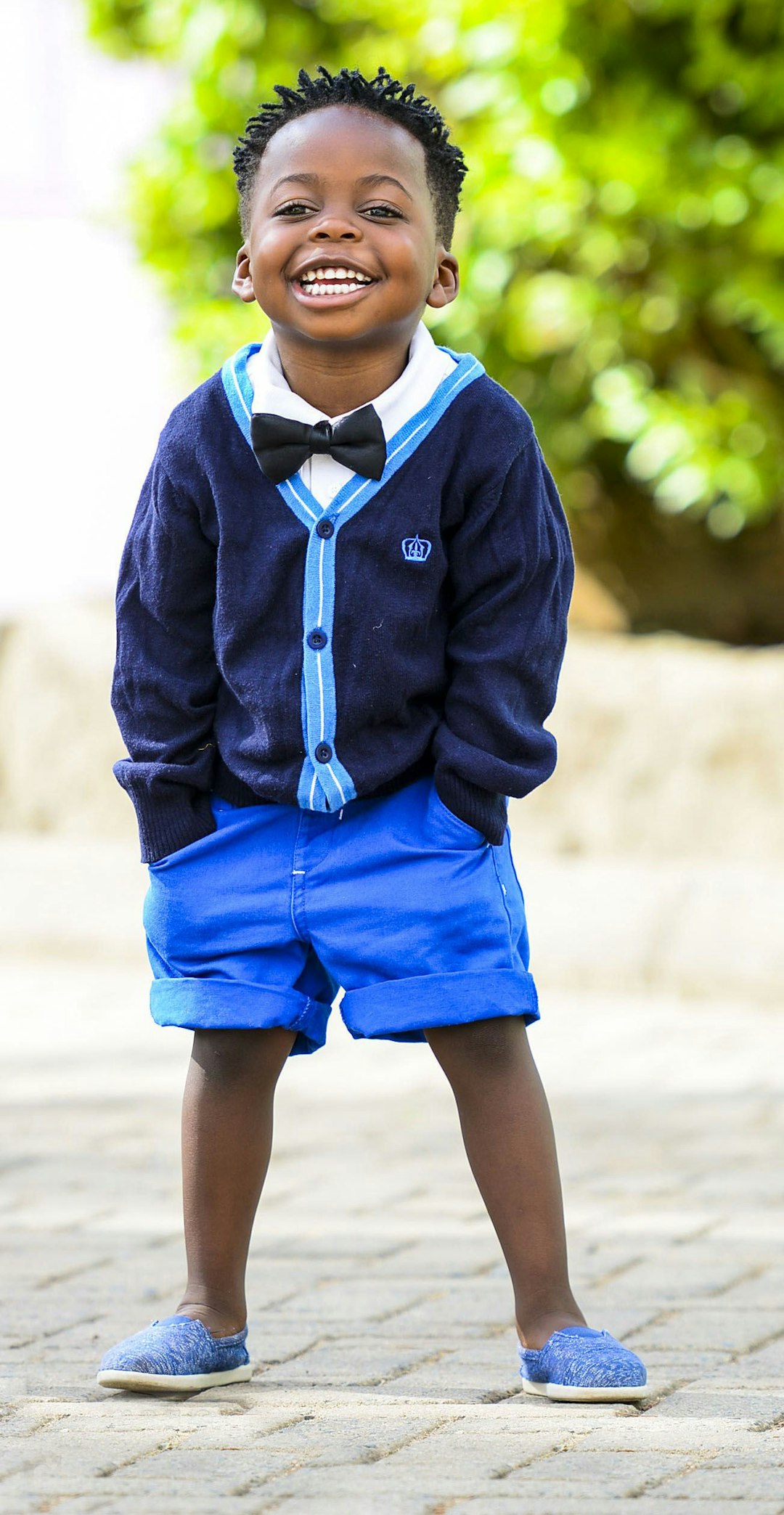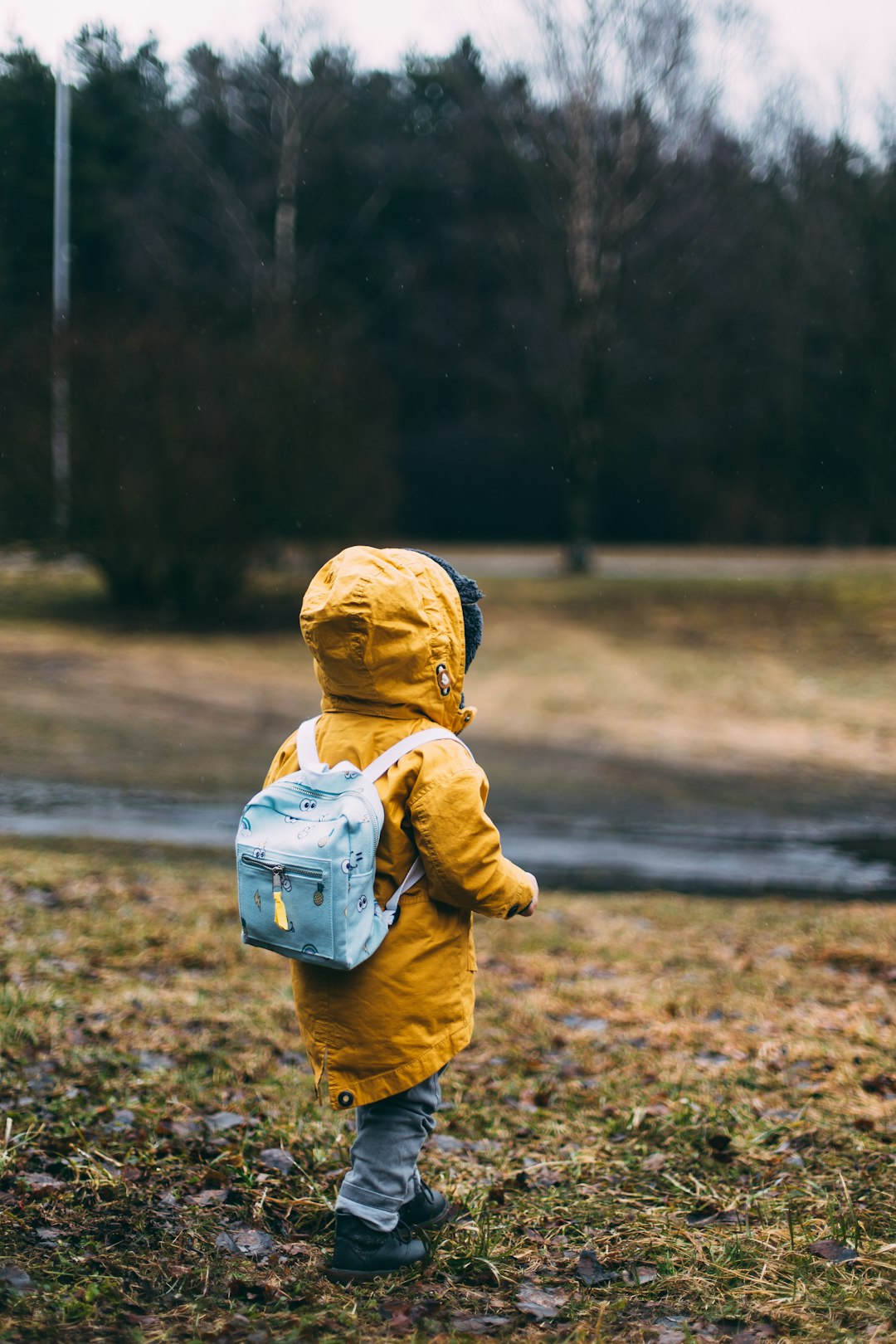In New York State, child abuse is strictly regulated. If concerned about potential abuse in Rochester religious schools, consult a local child abuse attorney for guidance on laws covering physical, emotional, and sexual abuse, neglect, or abandonment by authorities. Recognize red flags, foster open communication, and ensure effective prevention through training and reporting mechanisms with the support of legal experts. Legal action is crucial for justice and healing in cases of child abuse within religious institutions.
In Rochester, New York, ensuring the safety of children within religious schools and youth groups is paramount. Child abuse laws in NY State provide a framework for protection, but recognizing potential red flags in these settings is crucial. This article explores strategies to address abuse, focusing on leadership roles, policy implementation, and legal support for survivors. From understanding relevant laws to practical best practices, it equips parents, leaders, and attorneys with tools to safeguard children and hold perpetrators accountable, emphasizing the importance of a comprehensive approach, especially with the aid of a child abuse attorney in Rochester, NY.
Understanding Child Abuse Laws in NY State
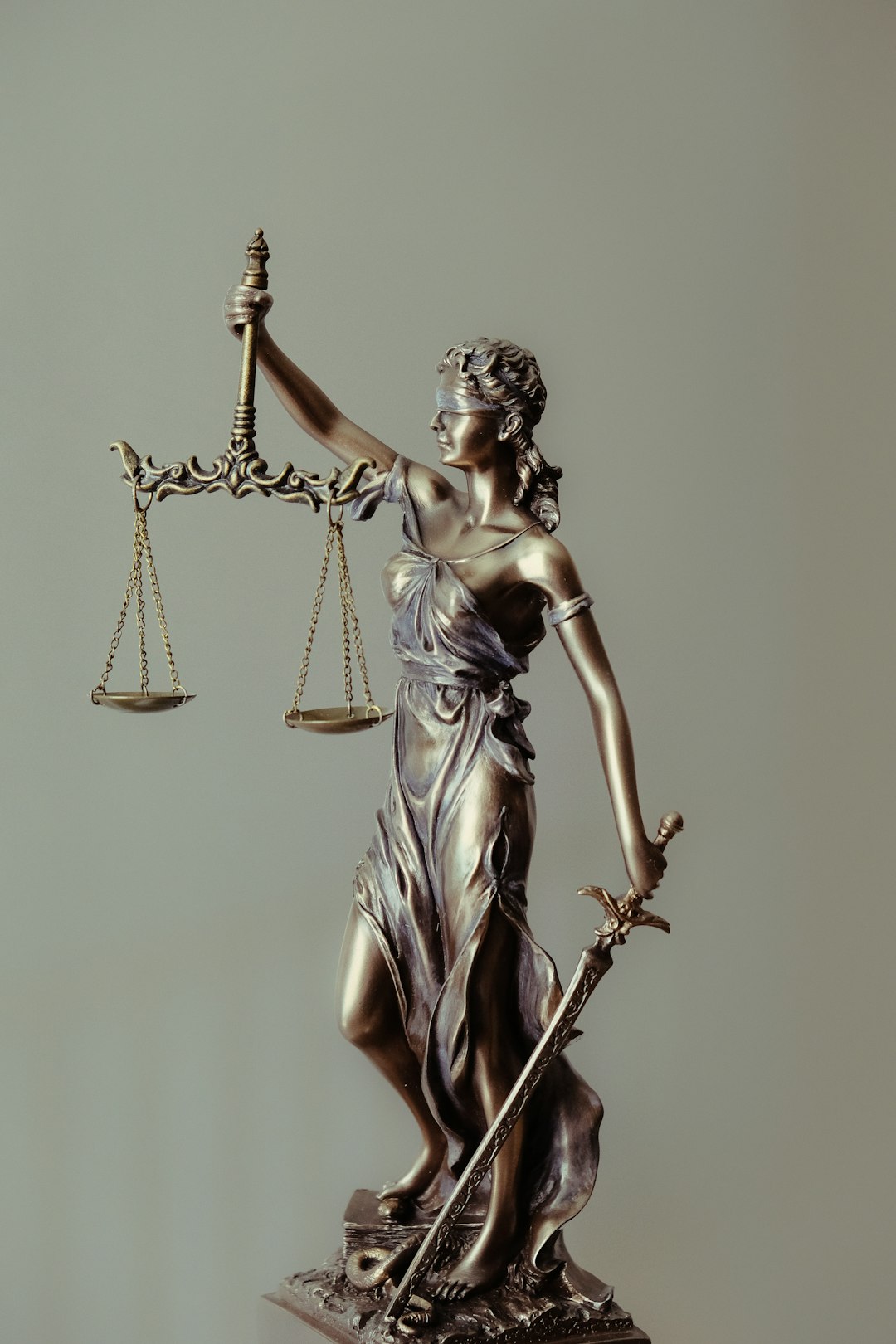
In New York State, child abuse is taken extremely seriously and is governed by a comprehensive set of laws designed to protect minors. If you’re a parent or guardian concerned about potential abuse within a Rochester religious school or youth group, it’s crucial to understand these legal frameworks. A child abuse attorney in Rochester NY can provide guidance tailored to the specific circumstances, ensuring all necessary steps are taken to ensure the safety and well-being of affected individuals.
State laws define child abuse as any act that causes harm, including physical, emotional, or sexual abuse, neglect, or abandonment. This includes situations where a religious authority or leader fails to protect a child or reports suspected abuse inappropriately. Knowledge of these laws empowers parents and guardians to take proactive measures, report suspicious activities, and seek justice if necessary.
Recognizing Red Flags in Religious Settings

Recognizing potential red flags is a crucial step in addressing child abuse within religious institutions. In any setting, including churches and youth groups, suspicious behaviors or patterns should be closely examined. For instance, a child’s sudden withdrawal from social activities or unusual secrecy could indicate underlying issues. If adults or peers observe unexplained physical injuries or behavioral changes, it warrants immediate attention.
In Rochester, NY, where many religious schools and communities exist, parents and leaders must stay vigilant. A child abuse attorney in the area can provide guidance on legal protections and reporting procedures. By fostering a culture of transparency and open communication, these organizations can create an environment where victims feel safe to speak out, ensuring early intervention and prevention of potential harm.
The Role of Youth Group Leaders and Teachers

In addressing abuse in Rochester religious schools and youth groups, the role of leaders and teachers is paramount. These individuals are often the first line of defense against child abuse, holding significant responsibility for the safety and well-being of their charges. They are trained to recognize signs of potential abuse, create safe environments, and report any suspicious activities or behaviors that may indicate harm. As such, continuous training on recognizing and preventing child abuse is crucial for maintaining a secure atmosphere within these institutions.
A child abuse attorney in Rochester, NY, emphasizes the importance of leaders and teachers fostering open communication with students. This encourages young individuals to come forward if they experience or witness any form of abuse, be it physical, emotional, or sexual. By establishing trust and promoting a culture where reporting is encouraged, these leaders play a vital role in ensuring that potential cases of abuse are promptly addressed and investigated, ultimately protecting the children under their care.
Protecting Children: Policies and Best Practices
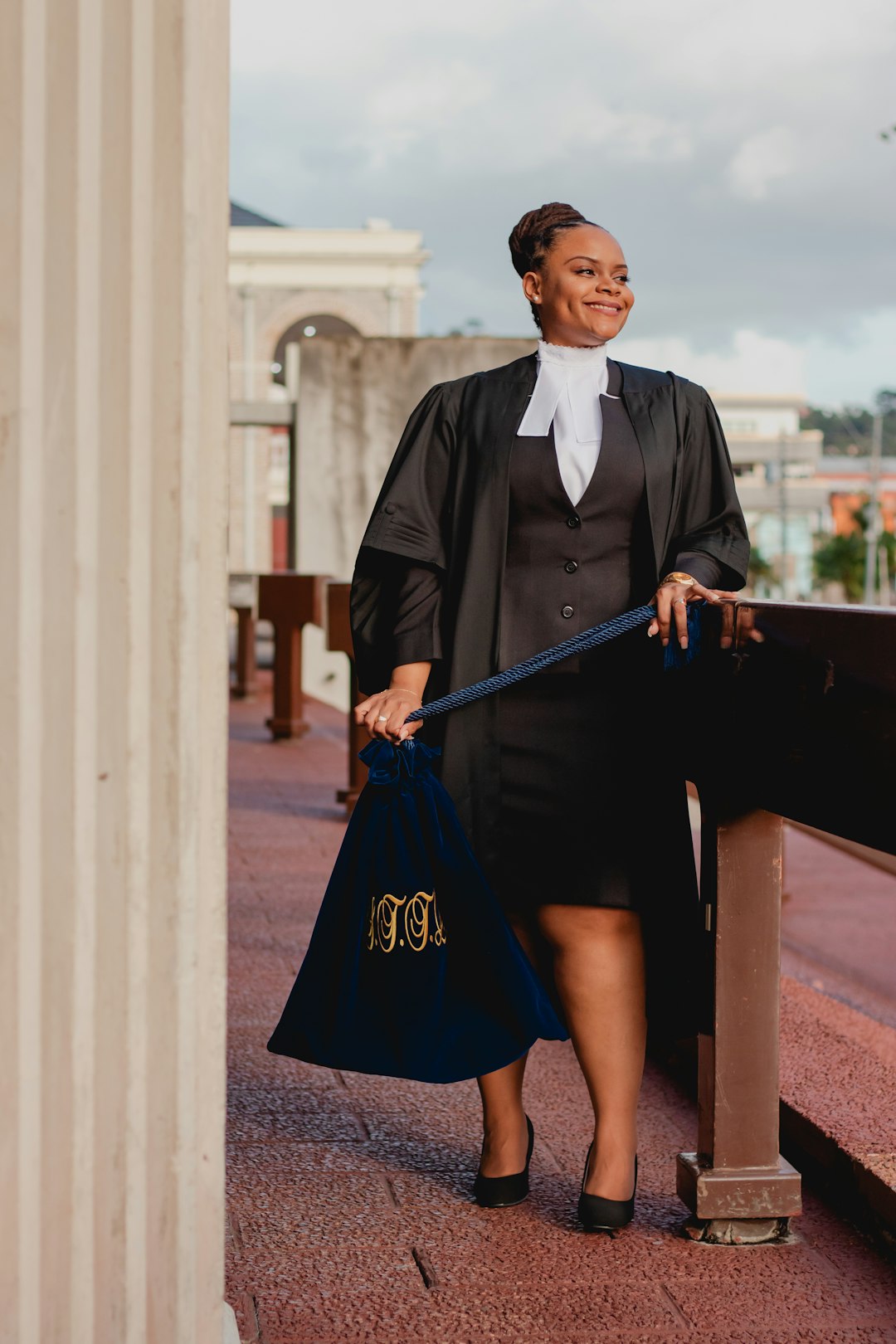
Protecting children within religious institutions is of utmost importance, and many schools and youth groups in Rochester, NY, have implemented stringent policies to prevent and address child abuse. A comprehensive approach involves educating staff and volunteers about recognizing potential signs of abuse and establishing clear reporting procedures. All adults interacting with minors should undergo thorough background checks to ensure a safe environment.
Best practices include regular training sessions on child protection, promoting an open and supportive culture where children feel comfortable sharing concerns, and implementing one-on-one supervision during all activities. Additionally, having robust reporting mechanisms in place allows for immediate action against any suspected or confirmed instances of abuse. Collaborating with local law enforcement and child protective services ensures that allegations are taken seriously and investigated promptly by a child abuse attorney in Rochester NY.
Legal Action: Support for Survivors in Rochester

In cases of child abuse within religious institutions, legal action plays a pivotal role in ensuring justice and healing for survivors. If you or someone you know has experienced abuse in a Rochester religious school or youth group, connecting with a skilled child abuse attorney Rochester NY is an essential step towards seeking redress. These professionals understand the unique challenges faced by victims and have the expertise to navigate complex legal systems. They can provide guidance, support, and representation during what may be a difficult and overwhelming time.
Survivors of abuse within these settings deserve unwavering advocacy. A child abuse attorney Rochester NY can help by thoroughly investigating the claims, gathering evidence, and building a strong case on behalf of the victim(s). This not only paves the way for potential legal outcomes but also facilitates access to support services that cater to the specific needs of survivors. Such actions are crucial in holding perpetrators accountable and fostering a culture where abuse is no longer tolerated.
